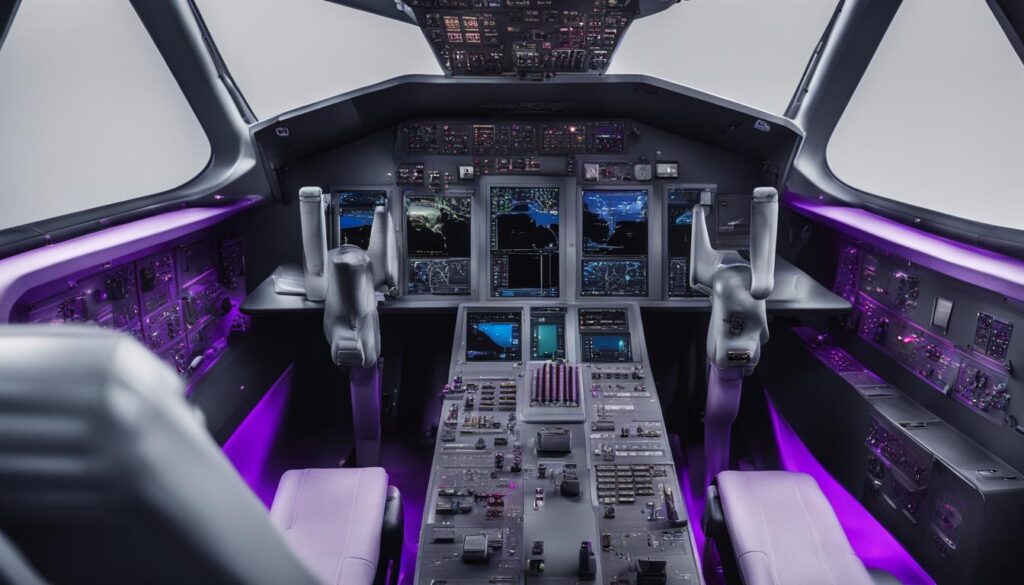Merlin, a Boston startup founded in 2018, is working on autonomous flight systems to allow planes to operate with minimal or no human intervention. Partnering with MIT, FAA, and US Air Force, Merlin aims to create technology for computer-controlled aircraft, raising $120 million to support their innovation.
Merlin, a Boston startup founded in 2018, is developing autonomous flight systems with the aim of enabling military and commercial aircraft to operate with minimal or no human intervention. Partnering with the Massachusetts Institute of Technology Lincoln Lab, the Federal Aviation Administration (FAA), and the US Air Force, Merlin seeks to create technology that allows planes to be controlled entirely by computers rather than human flight crews.
Computers already manage the flight systems of many commercial and military aircraft, albeit under human supervision. Merlin’s technology, called Merlin Pilot, proposes to take human input out of the equation by directly issuing commands to control planes’ speed, altitude, and direction from takeoff to landing. The CEO, Matt George, states, “We’re building a pilot. Just not a human one.”
Despite competition from companies like Boeing, Airbus, and Xwing, Merlin believes there is significant demand for reducing operational costs, particularly for large cargo aircraft. The company has raised $120 million from investors, including Google Ventures.
Commercial aircraft have long operated mostly on autopilot, with pilots manually flying for an average of only three minutes per trip. By automating tasks typically performed by co-pilots, Merlin aims to eventually enable planes to function with just one pilot. This concept could address the current and projected shortfall of pilots, which consultancy Oliver Wyman estimates will reach 30,000 in North America by 2032.
Merlin conducted 25 autonomous test flights in Alaska last year and plans more in New Zealand, although these will still require a human pilot onboard. Partnerships with the US Air Force include testing their system on KC-135 aerial refueling tankers with the goal of reducing the crew required for such missions.
Approval from regulatory bodies like the FAA is critical before any widespread adoption of the technology. Merlin’s CTO, Alex Naiman, believes their system could be approved for single-pilot operation within a few years.
The Air Line Pilots Association opposes the move towards fewer human pilots, but the industry may push forward to meet operational needs and counter the pilot shortage. While the idea of completely pilot-less planes is still decades away, Merlin’s current focus is on proving the safety and reliability of their system in various aircraft applications.










